So, what exactly are carbohydrates? And why do they matter so much? Along with protein and fat, carbohydrates are one of the three macronutrients your body needs to function. They provide energy, support brain function, and help regulate blood glucose.
Our first topic in the “I Heard…” podcast is about this macronutrient; carbohydrates. Many people have heard and accepted the famous myth that carbohydrates are detrimental to weight loss. However, carbohydrates have been a staple in human diets for centuries. This shift in perspective about carbohydrates came about due to the rise of low-carb diets in the mid-20th century. One historical example is the Inuit people, who consumed meat and fish with little to no carbohydrates. This experience changed the way we thought about nutrition and led to the rise of the keto diet, which promised rapid weight loss by cutting out carbohydrates.
The idea of carbs as the enemy came from the ketogenic diet, which was developed in the 1920s to treat epilepsy. By drastically cutting carbs to 20 to 50 grams per day, the body enters a state of ketosis, where it burns fat for energy instead of glucose. Dr. Robert Atkins published his famous book, Diet Revolution, in 1972, which solidified the idea that cutting carbs was the key to weight loss. Bread, potatoes, and pasta became the go-to solution for many.
History of Carbs
Let’s start with a bit of history. For thousands of years, civilizations thrived on grains, rice, potatoes, and starchy foods. They weren’t just part of the diet—they were staples. Fast forward to the 20th century, and things start to shift. Suddenly, carbs become the enemy in the fight for better health. Why? Well, part of this shift came from the low-carb diet craze, but it goes even deeper than that.
So, how did we go from celebrating carbs to vilifying them? The mid-20th century rise of low-carb diets contributed to this shift, but there’s more. Let’s dive into an intriguing historical example: Arctic explorer Vilhjalmur Stefansson lived among the Inuit people in the late 1800s, observing that their diet consisted almost entirely of meat and fish, with little to no carbohydrates. The Inuit, Stefansson found, were remarkably healthy, and he took this amazing realization back with him to the Western understanding of nutrition. In fact, Stefansson could be considered an early pioneer of the keto diet. He was still debating whether carbohydrates are truly necessary or if we can live without them.
Think about that for a moment. In a world obsessed with balance, here’s a people group that thrived without the food group that many of us see as foundational. But before you toss out your pasta, let’s explore what modern science has to say.
The impact of carbohydrates on health and disease is significant.
Let me throw some numbers at you—did you know your brain uses up to 25% of your body’s energy? It’s no surprise then that your brain runs primarily on glucose, which, as you’ve probably guessed, comes mostly from carbs. In fact, essential organs like your kidneys, red blood cells, and bone marrow rely heavily on glucose to function. While your body can produce glucose from other sources through a process known as gluconeogenesis, it’s not nearly as efficient as simply consuming carbohydrates.
But here’s where it gets even more interesting. Studies have shown that low-carb diets, especially when followed for extended periods, can lead to increased feelings of stress, fatigue, and even depression. Why? There’s actually a strong link between carbohydrate intake and serotonin, which is the brain chemical that helps regulate mood. So, when people talk about “comfort food” and turn to carb-rich meals when they’re feeling down, there’s real science behind that.
Pause for a moment—what’s your relationship with carbs? Do you experience a craving for them during times of stress? It’s something worth thinking about as we continue this discussion.
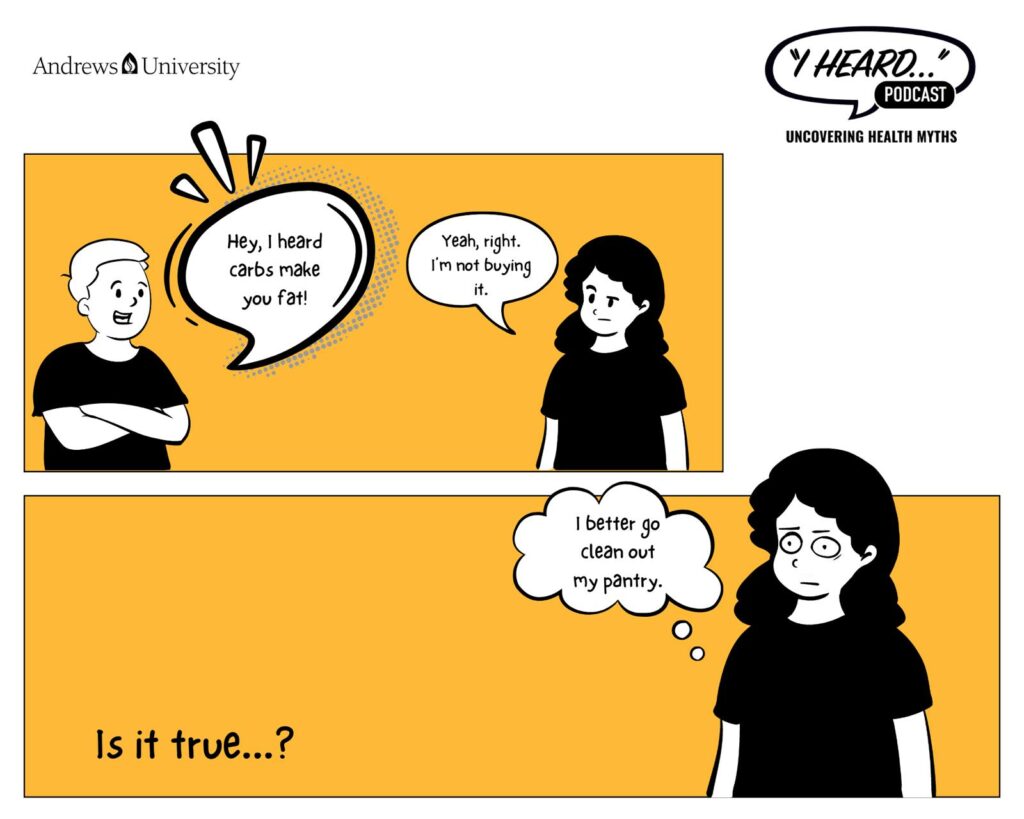
Low-carb diets
Now, let’s dive into the low-carb diet craze. Low-carb diets have been around since the 1860s, but they really took off in the 1970s and beyond. Initially developed in the 1920s to treat epilepsy, the ketogenic diet has gained popularity as a weight-loss method in recent years. By drastically cutting carbs (to 20 to 50 grams per day), the body enters a state of ketosis, and this is where it burns fat for energy instead of glucose.
Now, I know what you’re thinking: What’s wrong with burning fat instead of carbs? The truth is, yes, in the short term, it can lead to quick weight loss. But in the long term, the science is more concerning. Studies have shown that low-carb diets can actually increase LDL cholesterol—the “bad” cholesterol—and this in turn may raise your risk of cardiovascular disease over time. Research even links low-carb diets with less than 40% of carbohydrates to a higher risk of death from heart disease and certain chronic conditions.
Let’s take a moment here. It’s simple to follow diet trends, but when it comes to long-term health, we must look beyond the immediate results and consider what’s not only healthy but also sustainable for our bodies over time.
So, what’s been your experience with low-carb diets? Have you tried any of them—maybe keto or Atkins? How did you feel? I want you to think about your personal experience as we move into our next segment.
Carbohydrate Quality Over Quantity
Now, we’ve talked about the quantity of carbs, but what about their quality? This is where the importance of quality becomes paramount. Consuming carbs accounts for over 50% of our daily energy intake, so it’s important to know what kind. Studies consistently link eating whole grains, legumes, and fruits to better health, including a lower risk of heart disease, diabetes, and even a longer life. Over 15 studies with more than 400,000 people have confirmed that whole grains provide significant health benefits.
Conversely, refined grains such as white bread and sugary cereals are associated with weight gain and metabolic problems. Here’s the thing: while low-carb diets often push high amounts of protein and fat from animal sources, this can raise the risk of chronic diseases. Particularly, processed meats are associated with increased years of disability and increased overall death rates. Now, you’ve probably seen terms like “net carbs” or “low-carb” on food packaging. Did you know that there is no actual regulation for these terms? “Net carbs” usually refer to total carbohydrates minus fiber or sugar alcohols, but there’s no standard definition. So, instead of obsessively counting carbs, focus on where your carbs are coming from.
Fiber
This brings us to another crucial point: fiber. Fiber is one of those nutrients that doesn’t get enough credit. It’s a type of complex carbohydrate that our bodies can’t digest, but it plays a critical role in our gut health. Fiber helps regulate digestion, supports healthy gut bacteria, and can even keep you feeling fuller longer, which might help with your weight loss goals.
Take a moment to reflect on your own diet. How often are you choosing whole grains over refined ones? Are you getting enough fiber? Small changes like swapping white bread for whole grain bread or adding more vegetables to your plate can make a big difference.
Conclusion
So, what’s the bottom line? Carbs are not the enemy. In fact, they’re one of our closest allies. They’re essential for both your brain and body. But it’s the quality of carbs that matters most. Prioritizing whole grains, legumes, fruits, and fiber over processed foods and refined sugars is a game changer when it comes to long-term health.
Thanks so much for joining me on the very first episode of the “I Heard” podcast! I hope you picked up something new about carbs and feel more empowered to make choices that support your health. If you enjoyed today’s episode, don’t forget to subscribe, leave a review, and share this episode with a friend. You can also follow us on Instagram at @Iheard.podcast.health and on Facebook at IHeard Podcast. In the next episode, we’ll dig into another persistent health myth. Until then, stay curious, stay healthy, and keep listening—you never know what you’ll hear next!
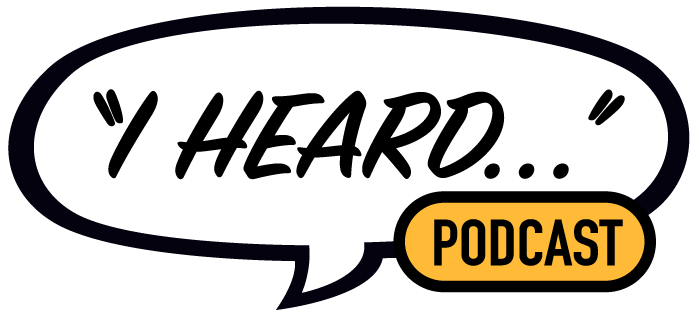
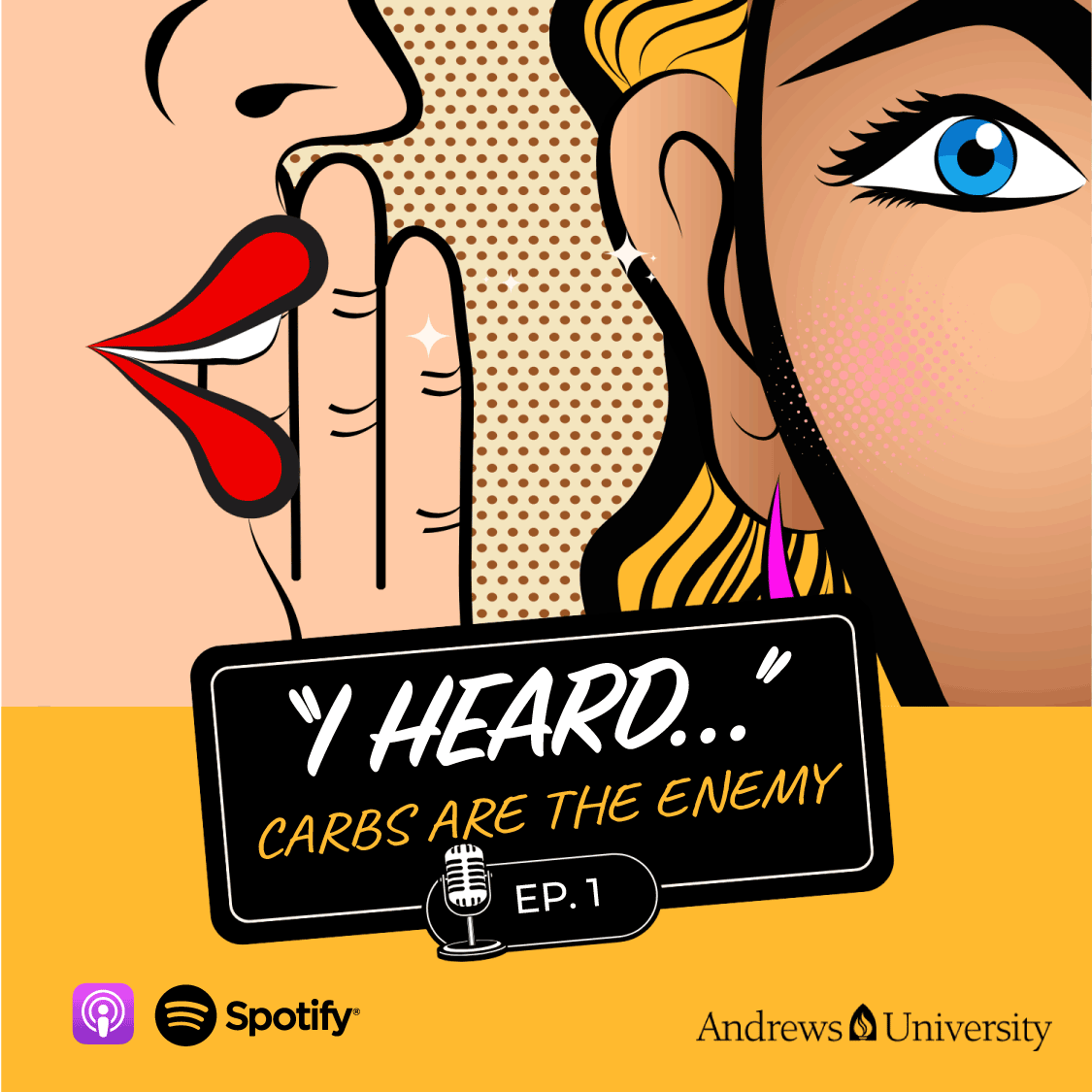
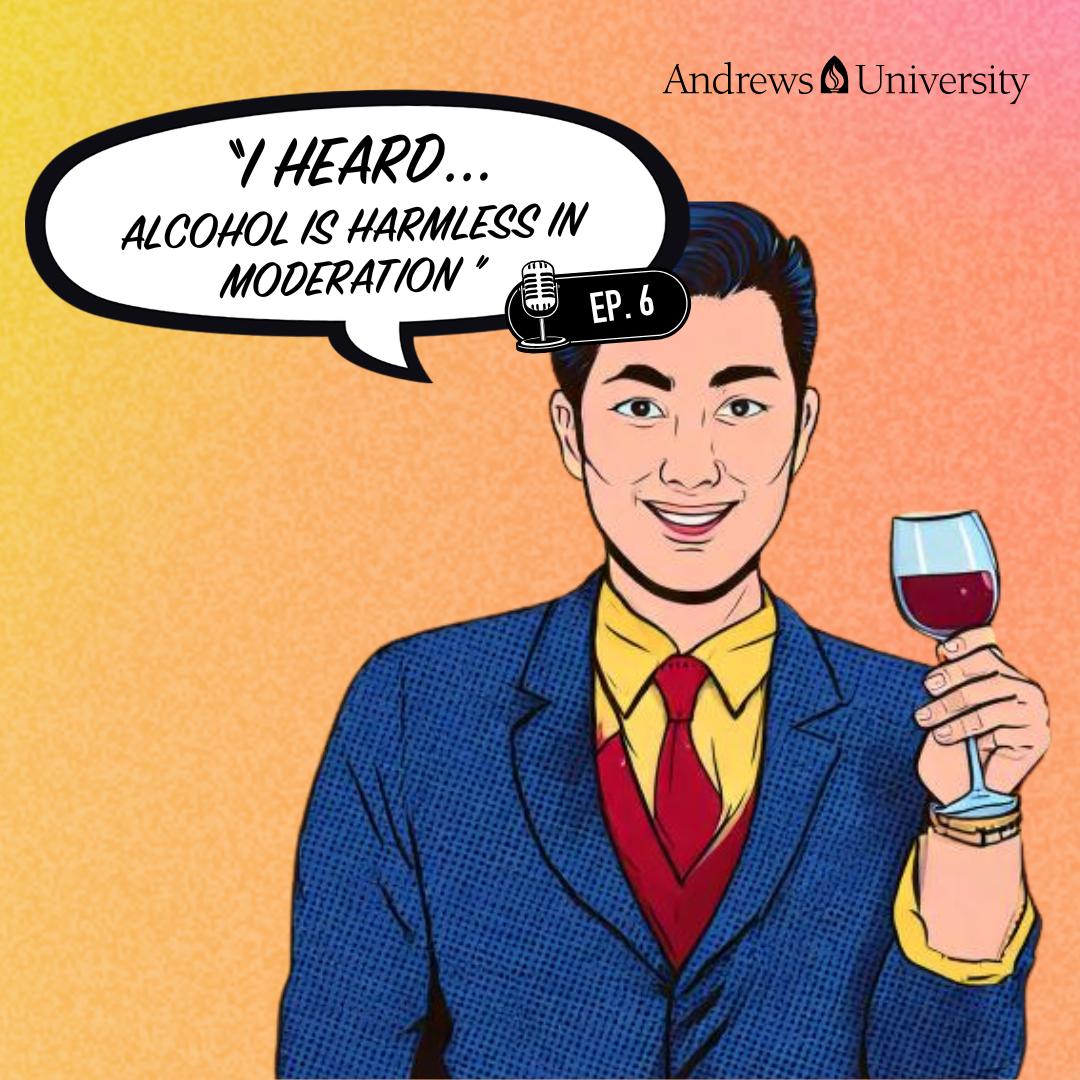

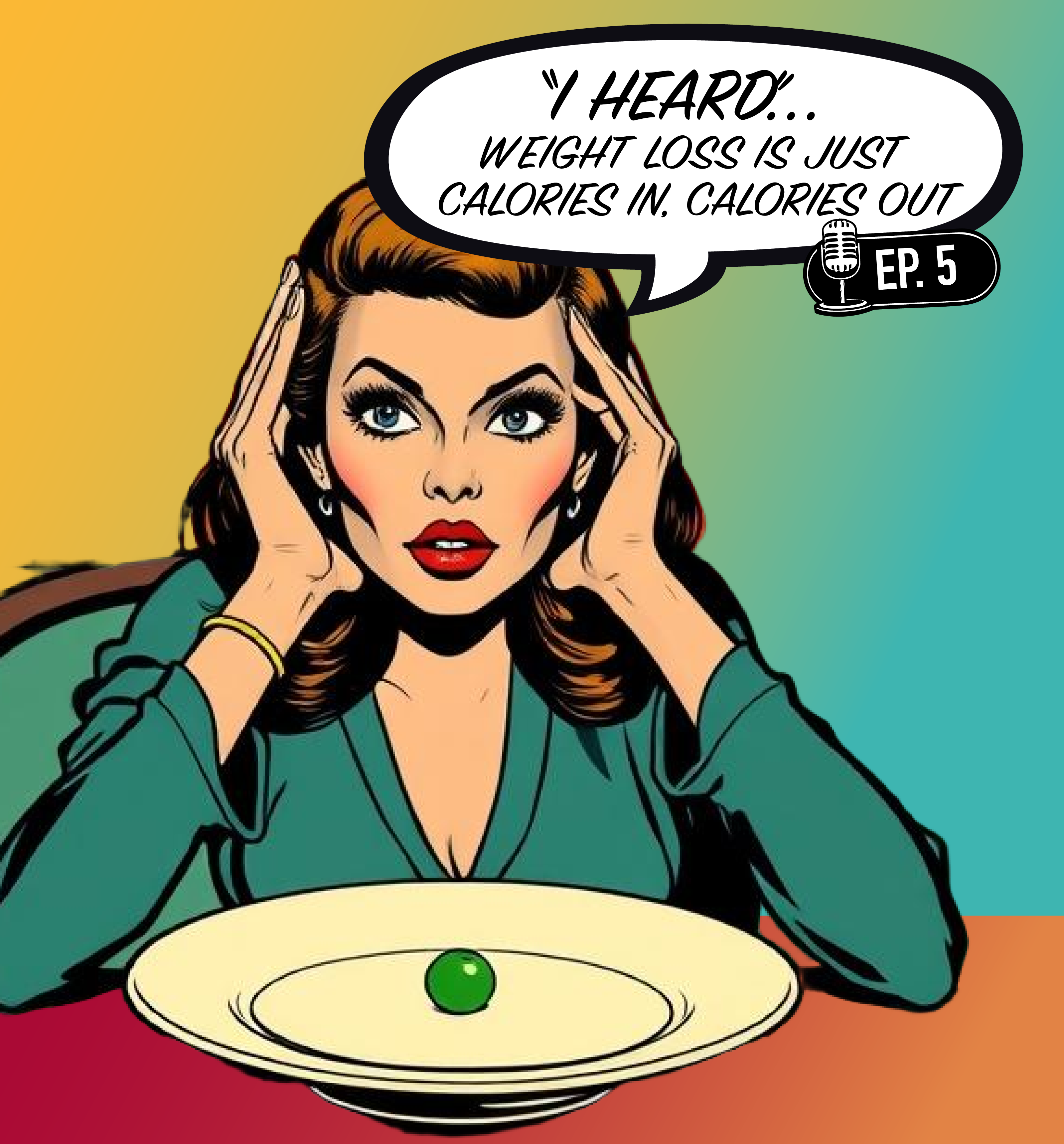
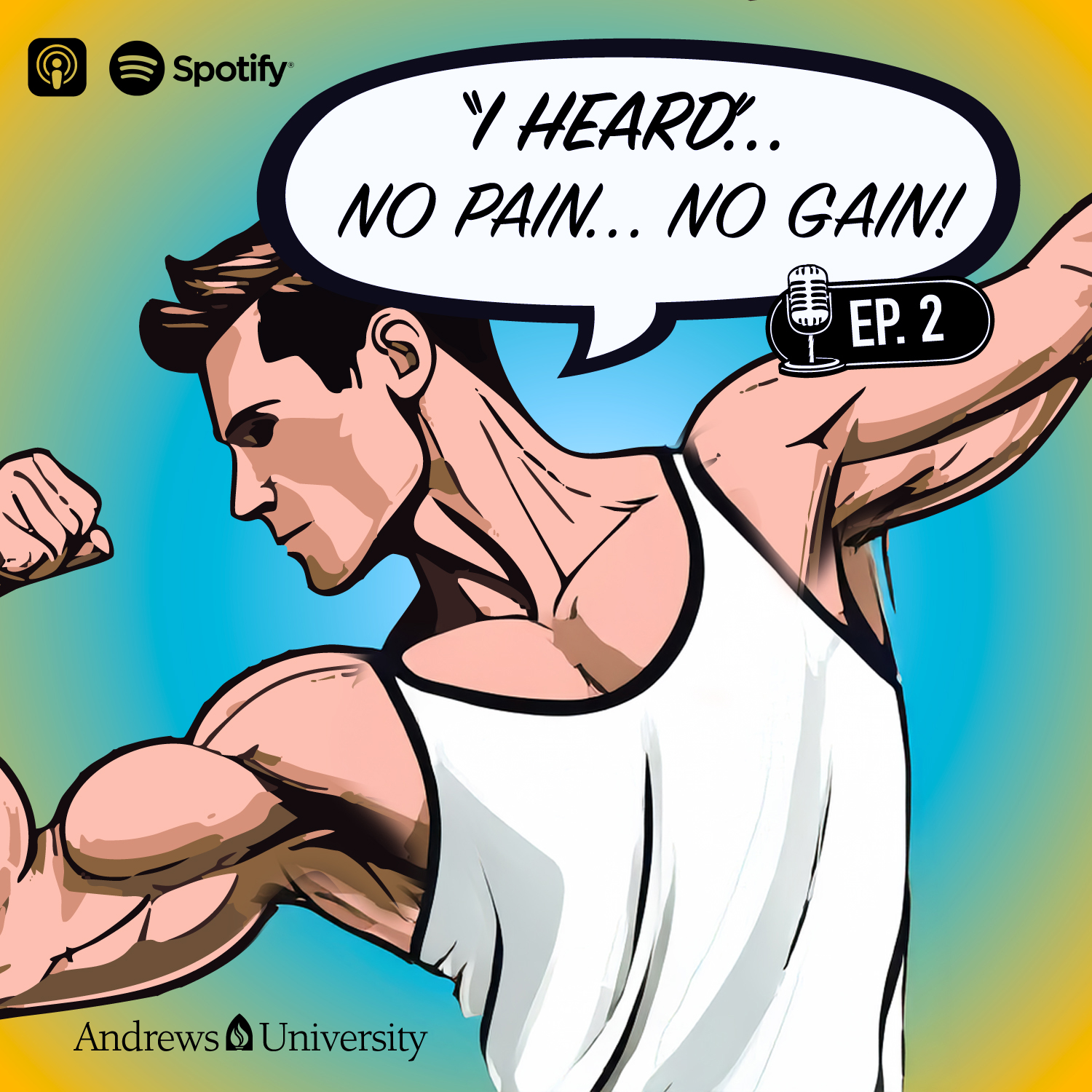

Leave a Reply